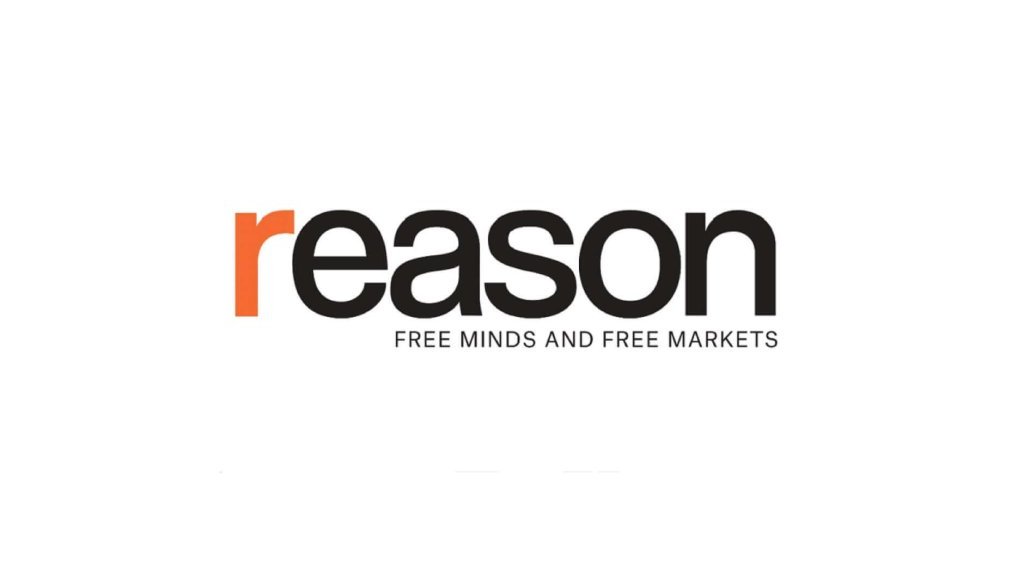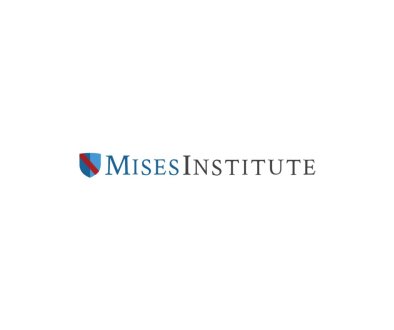Fifth Circuit: Public Libraries May Select or Remove Books Based on Viewpoint
From today’s majority en banc opinion by Judge Kyle Duncan in Little v. Llano County; I hope to blog more about the case, including the dissents, later today:
We consider whether someone may challenge a public library’s removal of books as violating the Free Speech Clause.
Patrons of a county library in Texas sued the librarian and other officials, alleging they removed 17 books because of their treatment of racial and sexual themes. The district court ruled that defendants abridged plaintiffs’ “right to receive information” under the Free Speech Clause and ordered the books returned to the shelves. On appeal, a divided panel of our court affirmed in part. We granted en banc rehearing.
We now reverse the preliminary injunction and render judgment dismissing the Free Speech claims. We do so for two separate reasons.
First, plaintiffs cannot invoke a right to receive information to challenge a library’s removal of books. Yes, Supreme Court precedent sometimes protects one’s right to receive someone else’s speech. But plaintiffs would transform that precedent into a brave new right to receive information from the government in the form of taxpayer-funded library books. The First Amendment acknowledges no such right.
That is a relief, because trying to apply it would be a nightmare. How would judges decide when removing a book is forbidden? No one in this case—not plaintiffs, nor the district court, nor the panel—can agree on a standard. May a library remove a book because it dislikes its ideas? Because it finds the book vulgar? Sexist? Inaccurate? Outdated? Poorly written? Heaven knows. The panel majority itself disagreed over whether half of the 17 books could be removed. For their part, plaintiffs took the baffling view that libraries cannot even remove books that espouse racism.
The only sensible course—and, happily, the one supported by reams of precedent—is to hold that the right to receive information does not apply here. A plaintiff may not invoke that right to challenge a library’s decisions about which books to buy, which books to keep, or which books to remove.
True, one of our decisions—Campbell v. St. Tammany Parish School Board (5th Cir. 1995)—suggested students could challenge the removal of a book from public school libraries. But Campbell was based on a mistaken reading of precedent and, since decided, has played no role in similar controversies in our circuit. We therefore overrule Campbell.
And here’s a separate point, which as I read it got only seven of the ten votes in the majority, with the remaining three judges—Chief Judge Jennifer Walker Elrod, Judge Catharina Haynes, and Judge Cory Wilson—thinking that the part labeled “First” sufficed to support the judgment:
Second, a library’s collection decisions are government speech and therefore not subject to Free Speech challenge. Many precedents teach that someone engages in expressive acti
Article from Reason.com

The Reason Magazine website is a go-to destination for libertarians seeking cogent analysis, investigative reporting, and thought-provoking commentary. Championing the principles of individual freedom, limited government, and free markets, the site offers a diverse range of articles, videos, and podcasts that challenge conventional wisdom and advocate for libertarian solutions. Whether you’re interested in politics, culture, or technology, Reason provides a unique lens that prioritizes liberty and rational discourse. It’s an essential resource for those who value critical thinking and nuanced debate in the pursuit of a freer society.




